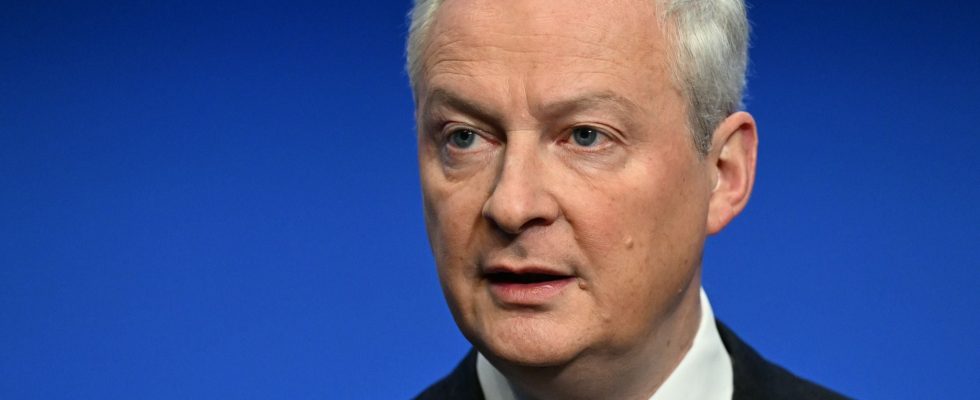False note at the top of the State. While electricity prices increased by 10% on February 1 due to the gradual exit from the tariff shield introduced in 2021, a million French people risk not seeing the “energy check” arrive in their mailbox. .
This subsidy, launched in 2018 to help the lowest-income households pay their electricity or gas bills, could conversely benefit a million households who should not have been eligible. Return to the controversy in three acts.
Act I: consumer associations sound the alarm
The series opens with a press release published Monday February 5 in the afternoon. Seven consumer associations (Afoc, CLCV, Cnafal, CSF, Familles Rurales, UFC, Unaf) denounced what constitutes, according to them, “a real inequality of access to public assistance”.
And for good reason, according to the press release, “the new beneficiaries of the energy check risk not receiving a check in 2024”. Consumer associations thus accuse the government of “leaving at the door” the “1 million households” who access the benefits of this boost each year. An “unacceptable” and “scandalous” hiccup.
Even more so at a time when “regulated electricity sale prices have increased by 39% since the start of 2023”, where “the gradual exit from the tariff shield has generated an increase in the price of electricity of 10% since February 1 2024″, where “the tax on gas (TICGN) has just increased from 8 to 16%”, where “the gas transport tariff will increase the heating bill by 5.5%” and where “that of “Electricity will most likely increase in the same order of magnitude in the coming months.”
Act II: administrative hiccups
At the origin of this hiccup, administrative dysfunctions. To identify households eligible for the energy check, the Services and Payment Agency (ASP) relies on two files: the last known income tax return and the housing tax. And it is precisely this which, this year, poses a problem.
Abolished in 2023 for all main residences, the housing tax can no longer be used as a benchmark to assess the eligibility of a household for the energy check. This is why, as consumer associations point out, “the gradual disappearance of the housing tax, announced four years ago, is the cause of the impasse in which the tax services find themselves in identifying the occupants of the same household and calculate the number of consumption units”.
A lack of anticipation for which the executive would be solely responsible. “The end of the housing tax is not new, we have been talking about it for four years. And now, it looks like the state services are discovering the problem,” laughs Jean-Yves Le Mano, president of the Consumption, housing and living environment association (CLCV) to our colleagues from Parisian.
Act III: Bruno Le Maire responds on France 5
Faced with the accusations, Bruno Le Maire responded. “Consumer associations have done well to identify the problem,” acknowledged the Minister of the Economy on the set of C to you on France 5 Monday evening. Problem that “we have resolved”, he also said.
The Bercy tenant, however, concedes that some beneficiaries might not receive the energy check “for a certain number of technical reasons”, explaining that they have “difficulty identifying the accommodation” due to the removal of the housing tax.
But he vows: “There will be no losers.” Government No. 2 promises the implementation of a “complaints system”. A website that will allow households who believe they meet the eligibility conditions to assert their rights.
For their part, households which should not have received a check in 2024 will have the pleasant surprise of being able to keep the aid, which ranges between 48 and 277 euros depending on the household’s tax income.
Good news for the French people concerned, less good news for the state coffers. According to information from our colleagues at Parisian, the cost of this hiccup would be around 100 million euros. A tidy sum which is added to the 900 million euros spent each year for the payment of the energy check.
